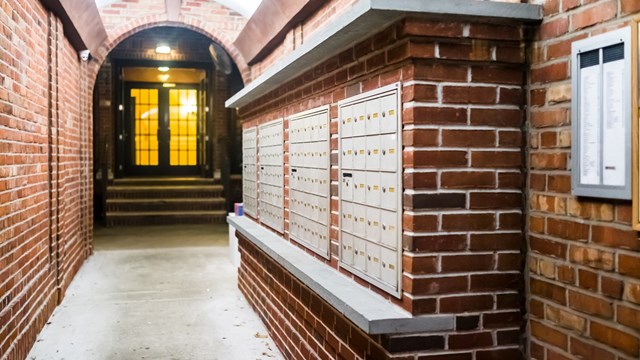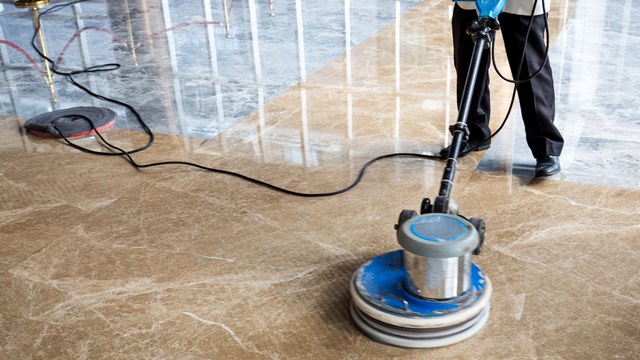
Everybody knows at least one person who can't seem to bear parting with anything, be it movie ticket stubs from 1978, scratched-up Tupperware, or their grandpa's back-issues of National Geographic. The tendency to hang onto every random piece of clothing, furniture, paper, or printed material can cause problems aplenty even when the packrat has tons of space, but when the tendency toward clutter meets a waffle-sized Manhattan apartment, disaster is imminent.
There is help, however, both professional and from books like Outwitting Clutter: 101 Ingenious Space-Saving Tips and Ideas to Make Any House or Apartment More Livable by Bill Adler Jr. and the exhaustively titled
Both books promise to help compulsive clutterers see the light and perhaps, for the first time in years, their floors. The tips offered may seem common-sense, but for people trying to claw their way out from under piles of debris, they come as a breath of fresh air. Here's a sample:
- Take one room and one area at a time-tackling an entire apartment over a single weekend is unrealistic and will only discourage you from your quest toward order and organization.
Clutter expert Colleen Moulding advises messies to pull everything from the closet, bookshelf, desk, or drawers out into the middle of the room and analyze everything. Has it been used or worn within a year? If not, do not put it back into the closet. Designate it "Keep," "Discard," "Donate/Sell," "Sentimental," or "Not Sure." The idea is that by the time you have gotten rid of the "Discard" and "Donate/Sell" boxes, you should have enough space to store the "Sentimental" and put the "Keep" items back in an orderly way. Moulding says the "Not Sure" box should be sealed up, stored in a closet or basement, and if not needed after six months or one year, given away unopened, so that you're not tempted to keep the contents all over again.
- If you have a few moments to spare, put away five or ten items that are not in their correct place, like kids' toys, mail, or laundry.
- Get rid of junk mail the moment you realize it's junk-set aside a set time every week to go through the other mail, pay bills and file important papers in a designated file drawer or box.
- Show no mercy! If you haven't used an item in the last two years, you don't need it! If you can't be ruthless enough on your own, call in a friend to help you make the tough calls and keep you focused.
- Don't make it too hard on yourself - invest in some attractive storage boxes or bins, and visit a Container Store or Hold Everything! to find exactly the kind of tools and products you need to get organized and stay that way.
- Consider storing the majority of any knick-knacks or collections you may have, rotating them into and out of display. If you have 500 Pez dispensers, keep 20 in rotation at any given time, and keep the rest out of sight. Think before you buy. Do you really need what you're about to pay for and take home? Do you have anywhere to put it? Moulding recommends adopting a "one-in-one-out" system: if you buy a new pair of shoes or coffee-table book, then one goes to Goodwill or to a friend.






Leave a Comment